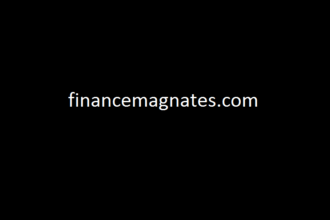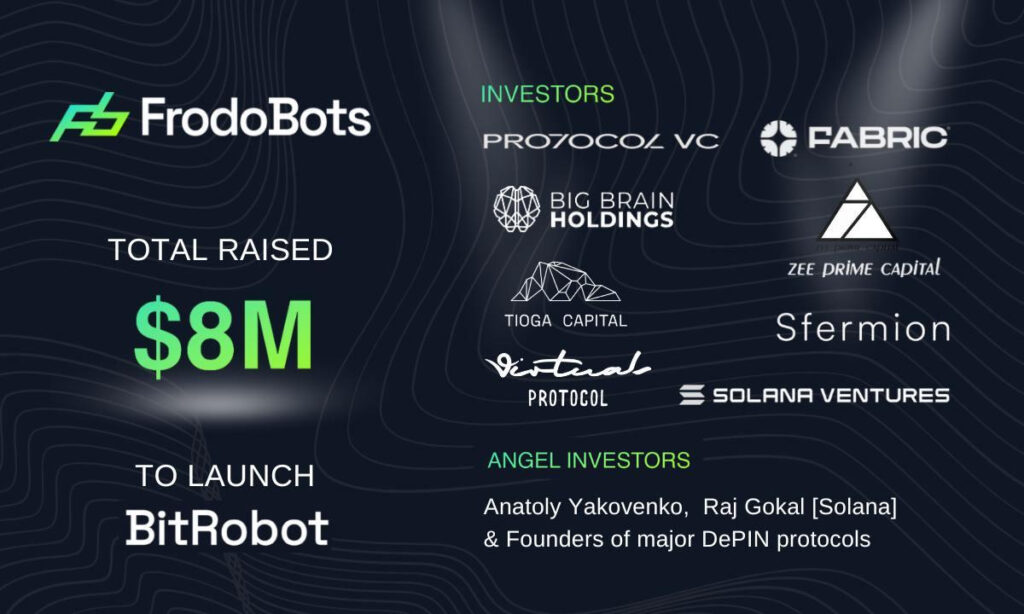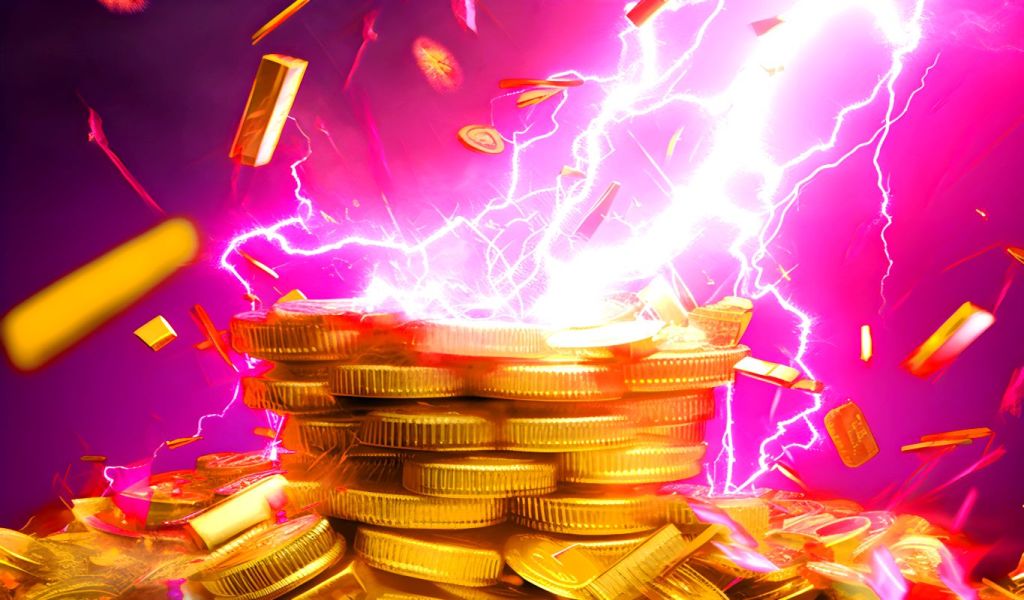The prospect of a peace deal between Russia and Ukraine seems more likely than ever; President Donald Trump on Wednesday revealed that after discussions with Russian President Vladimir Putin, both countries would “start negotiations immediately” to end the ongoing conflict.
A Financial Times insight, citing Goldman Sachs’ research on the effects of the “peace talks,” has laid out the potential economic consequences of two different peace scenarios.
The first, a more limited truce with a gradual resolution of the war, would likely ease some pressure on European markets, particularly in the natural gas sector. The second, a more comprehensive peace agreement could deliver a greater boost to economic conditions.
According to Goldman’s analysis, if a limited truce were to occur, natural gas prices in Europe could drop by 15%, leading to a modest inflation reduction of 0.15 percentage points. A broader peace deal, however, might lead to a 50% decrease in gas prices, cutting inflation by 0.5 percentage points and contributing to a potential 0.34% boost to the Eurozone GDP.
Economic scenarios look ‘better’ if the war ends in peace
Following President Trump and the Kremlin’s discussions of a possible ceasefire, European natural gas futures have already seen a notable decrease, dropping more than 5.5% to below €53 per megawatt-hour.
Per a February 13 analysis from Trading Economics, the figure represents a significant decline from a two-year high of €59. The European Commission is expected to introduce a gas price cap as part of an upcoming support package, which could be announced by February 26.
Despite the dip in gas prices, concerns linger over Europe’s low storage levels, which are at 47.2% full, the lowest for this time of year since 2022. This raises concerns about meeting energy demands for the upcoming winter.
Since the outbreak of the war three years ago, consumer confidence in the Eurozone has sharply declined, yet analysts predict that a ceasefire could bring some modest recovery. However, high inflation, one of the biggest ‘why’s’ in weakening consumer sentiment, could continue rising even after Ukraine and Russia war stops.
Euro area inflation for January 2025 could go up slightly to 2.5%, an uptick from 2.4% in December 2024. Services, which make up the largest portion of household expenditure in the Eurozone, are projected to experience a 3.9% inflation rate, down from 4.0% in December. Energy inflation, on the other hand, is expected to rise significantly to 1.8%, compared with just 0.1% in the previous month.
Still, Goldman Sachs forecasts a slight improvement in confidence and a corresponding GDP increase of 0.03% to 0.09% in the event of the invasion ending.
Ukraine reconstruction and European growth
According to estimates from CEEMEA economists, rebuilding efforts in Ukraine could contribute a modest 0.02% to 0.08% to Eurozone GDP.
The bulk of the financial burden would likely fall on the United States, but more than a half dozen senior European officials believe the US will expect Europe to shoulder the costs of reconstruction. This also including providing troops to maintain a peace deal, that the officials insists is a disadvantage if they will not be involved.
Speaking to the Financial Times, one senior EU official said, “The Americans don’t see a role for Europe in the big geopolitical questions related to the war. It’s going to be a real test of unity.”
The war in Ukraine has also had significant effects on financial markets across Europe, tightening financial conditions and leading to declines in equity prices and bond yields. However, economists believe that these effects could begin to ease as the war gradually stops, potentially providing a modest GDP boost of 0.06% to 0.13%.
Barclays analysts noted that European equities could see a rebound, particularly among stocks benefiting from the physical reconstruction of Ukraine. According to the bank’s conversations with American investors, many pulled back their investments in Europe when the war broke out but may return if peace is achieved.
“Any progress towards a pause in the conflict may be seen as likely to ease the fiscal and economic burden on the region,” said Barclays. “However, defence spending will continue to rise, with Trump unlikely to ease pressure on NATO to increase budgets.”
While defense and energy stocks have surged since the war began, sectors like airlines, leisure, chemicals, and banks have experienced significant declines. This gap is starting to narrow, but Barclays analysts believe the crowded EU defense sector may see some profit-taking, offering opportunities for those looking for investments with long-term growth.
Cryptopolitan Academy: How to Write a Web3 Resume That Lands Interviews – FREE Cheat Sheet
News – Cryptopolitan – Read More










